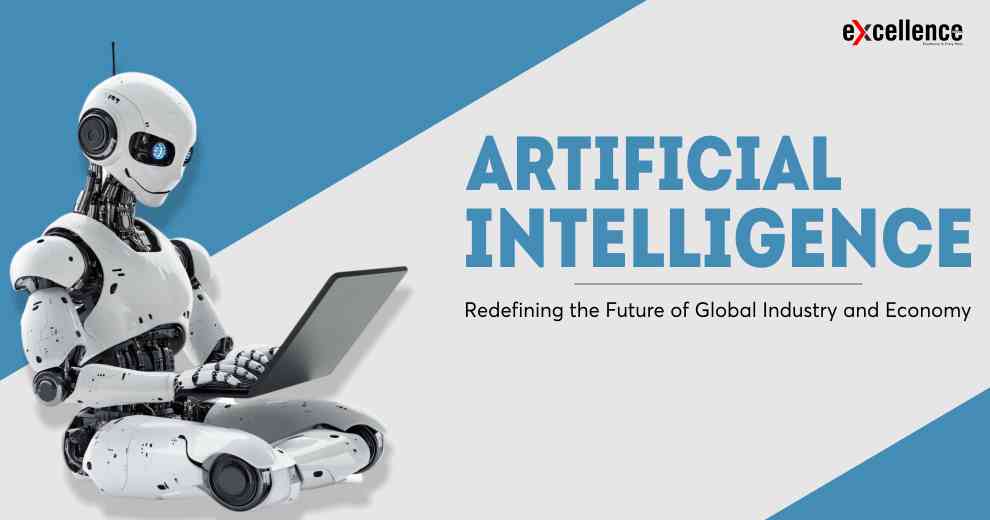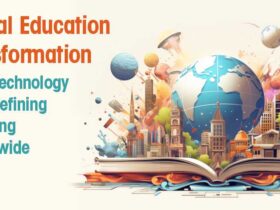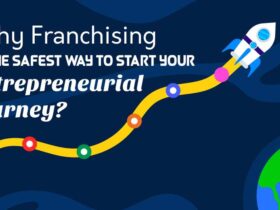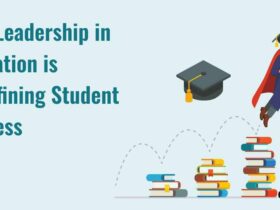Artificial Intelligence (AI) is no longer a futuristic concept—it is a driving force behind some of the most significant changes in today’s global economy. As AI technologies advance, they bring both immense promise and complex challenges. From revolutionizing how industries function to reshaping the global workforce, AI is set to become a cornerstone of future economic development.
Transforming Traditional Sectors
AI is accelerating transformation across long-established sectors, fundamentally altering how goods are produced, services delivered, and systems managed.
- Smarter Manufacturing: Automation powered by AI is enhancing factory operations through robotics and predictive analytics. These technologies reduce labor dependency, boost productivity, and minimize operational disruptions through advanced maintenance forecasting.
- AI-Driven Agriculture: With tools like drone monitoring, satellite imaging, and precision irrigation, AI is modernizing farming. These innovations allow for smarter resource use, higher yields, and more sustainable agricultural practices.
- Revolutionizing Healthcare: AI is improving patient outcomes through early diagnosis, personalized treatments, and operational efficiency. Machine learning can now analyze complex medical data with remarkable precision, while also speeding up drug discovery processes.
- Next-Gen Transportation: From autonomous vehicles to AI-enabled logistics, transportation is becoming safer and more efficient. Smart traffic systems, optimized routing, and predictive maintenance are just some of the advancements reshaping the industry.
Driving Productivity and Operational Excellence
AI is a powerful catalyst for economic efficiency, capable of transforming how businesses make decisions and allocate resources.
- Eliminating Routine Tasks: Intelligent systems can take over repetitive administrative tasks, allowing human workers to focus on higher-value contributions. Customer support, scheduling, and data processing are increasingly being managed by AI tools.
- Smarter Business Insights: AI can rapidly analyze large volumes of data to uncover trends, patterns, and insights. In finance and retail, this leads to smarter investments, better customer targeting, and more accurate demand forecasting.
- Supply Chain Innovation: AI enhances supply chain agility by predicting market demands, managing inventory in real time, and identifying bottlenecks. This enables companies to be more responsive and cost-efficient.
Reshaping Jobs and Creating New Careers
The rise of AI is redefining the nature of work—eliminating some roles, transforming others, and creating entirely new career paths.
- Emerging Tech Roles: AI is fueling demand for specialists such as data scientists, machine learning engineers, AI ethicists, and cybersecurity professionals. These roles are central to building and managing intelligent systems.
- Enhancing Human Potential: Rather than replace workers, AI often enhances their capabilities. For instance, AI can support doctors in diagnostics or help analysts process vast datasets—leading to improved performance and decision-making.
Bridging—or Widening—the Global Economic Divide
AI’s economic influence is not evenly distributed, raising important questions about access, equity, and inclusion.
- Uneven Global Access: While developed nations are investing heavily in AI, many emerging economies face infrastructure and funding limitations. This imbalance could exacerbate existing economic disparities if not addressed.
- Tech Giants and Market Dominance: The AI landscape is currently led by a few dominant corporations with vast resources. Their control over platforms and innovation pipelines may limit broader market competition and centralize wealth further.
Conclusion: A Critical Crossroads for Global Progress
Artificial Intelligence stands at the forefront of economic transformation. Its potential to drive innovation, efficiency, and growth is unparalleled—but so are the responsibilities it brings. To ensure AI contributes to a fair and inclusive future, proactive policies, ethical frameworks, and collaborative global strategies are essential. By embracing both the opportunities and the challenges, we can guide AI toward shaping a more balanced and prosperous world.
















